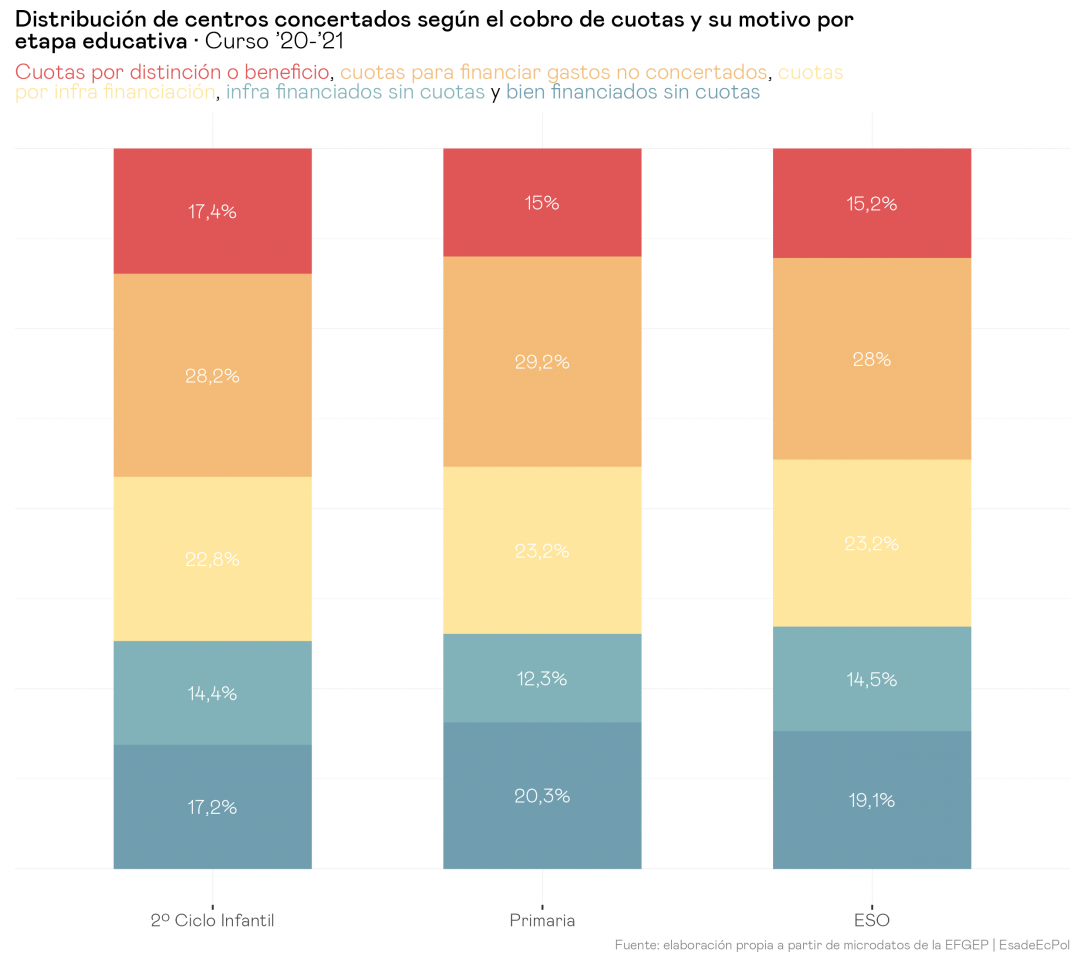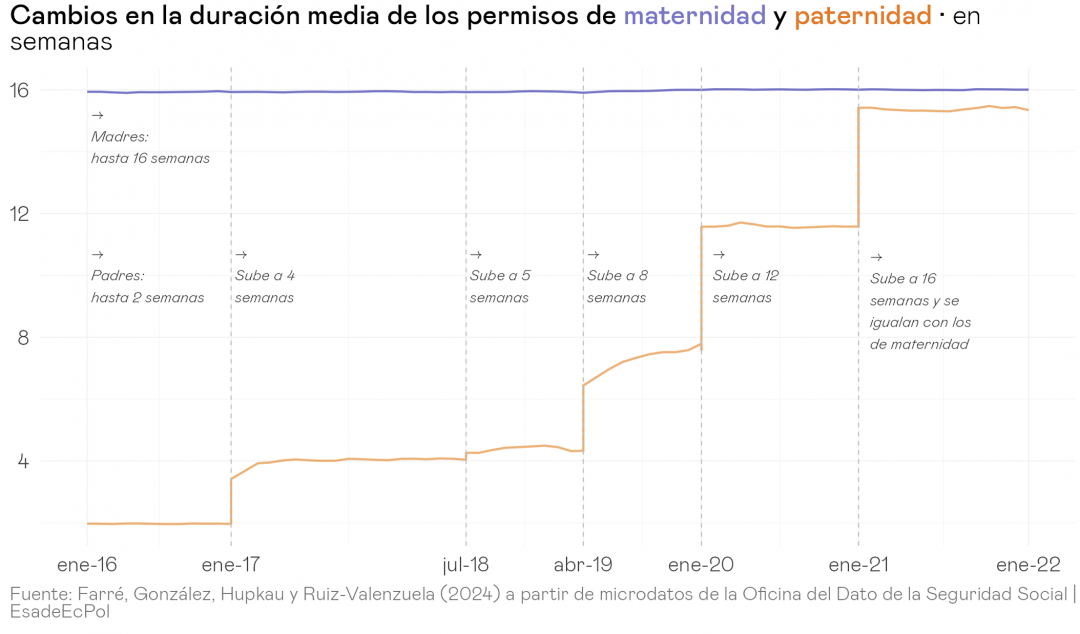
reaction Macro & fiscal policy
Rent regulation: ineffective ideas
Ángel Martínez, Jorge Galindo
3 Mar, 2021
The evidence gathered elsewhere shows that rent regulation policies cause countless effectiveness and fairness issues. We have tested this idea in Spain using data from census districts to simulate two types of rent regulation.
- If rent regulation is based solely on price, then areas with the highest rents will be located in areas of higher-than-average income because of the close correlation between income levels and rent in census districts. As a result, any market intervention to regulate rent in the most expensive areas of Madrid and Barcelona would not benefit low-income tenants but rather households with medium to high incomes and would, therefore, be a rather unfair measure.
- However, if rent regulation is defined relatively (as a % in each area), then the areas affected most would be those with the lowest income. The mismatch between these areas and the ones that would be affected by rent regulation based simply on extreme rents reveals that the problem in this instance is not one of high rents but low income. Rent regulations based on this method would impact rents not situated at the extremes of aggregate distributions. Direct intervention vis-à-vis the income of such households, by means of transfers or taxation mechanisms, would apparently be safer and more effective.

Read the full article:




